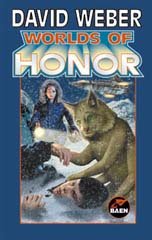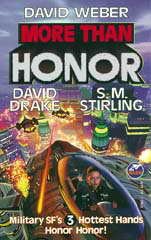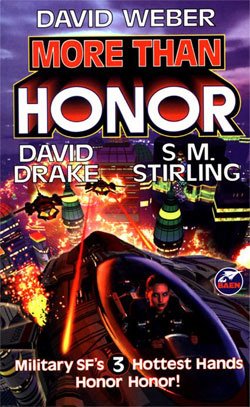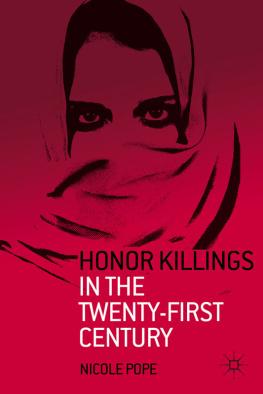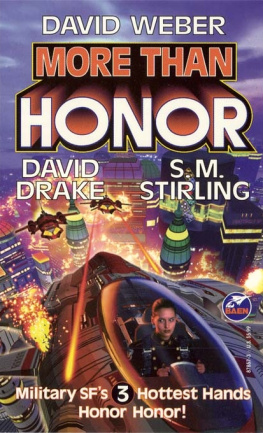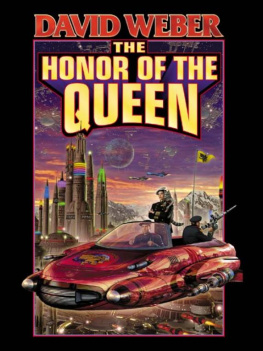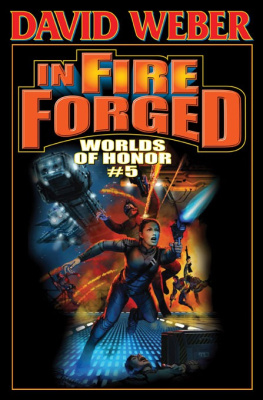
No part of this book may be reproduced, stored in a retrieval system, or transmitted in any form, by any means, including mechanical, electronic, photocopying, recording, or otherwise, without the prior written consent of the publisher.
Published by Akashic Books
2013 by David McConnell
ISBN-13: 978-1-61775-132-5
eISBN: 9781617751530
Library of Congress Control Number: 2012939273
All Rights Reserved.
Akashic Books
PO Box 1456
New York, NY 10009
info@akashicbooks.com
www.akashicbooks.com
Author's Note
___________________
Readers may want to know a thing or two about how I researched and wrote this book. Events in some of the early sections had already been extensively reported long ago. Recasting facts using literary techniquesimagination exceptedis an illuminating process central to this work (I dont think a writers sentences and the facts are really two different things at all), but it would be wrong to pass off somebody elses investigative work as my own. So Ive tried to be clear when I lean heavily on another persons research. This is notable with the series of Sacramento Bee articles on the Williams brothers case, most of them by Sam Stanton and Gary Delsohn, as well as with an essay the pair wrote for Salon. Its also true for an ABC News 20/20 broadcast and a Frontline documentary, both on the murder of Billy Jack Gaither. My brief account of the Schmitz/Amedure case relies entirely on very widespread newspaper reporting at the time and on the former Court TVs coverage of subsequent trials. I had issues of interpretation, and even fact, with all of these reports (and many more), but it wouldnt be right not to disclose that the major news-gathering work had been done before I came along. That said, I wouldnt have included the stories unless I had something new and substantial to add beyond my words and sentences.
More recent events didnt get nearly as much attention. Though I still read everything I could, I had to collect most of the information myself. Except for places in Northern California and Idaho connected with the Williams case, Ive visited every significant locale mentioned in the book. Every quotation and every other detail is accurate to the best of my knowledge. Whenever Ive speculated at obscure moments in the narrative, Ive been clear about it.
Occasionally, when a sense of inner life seemed necessary, if only for the sake of basic understanding, I also allowed myself some clearly identified speculation. Otherwise, whenever someone thinks or feels, its because they later stated that they did, usually to me.
Sources are listed extensively, by name when possible, in the acknowledgments at the end of the book. Anyone curious to see a small sample of the material I used in my research can go to americanhonorkillings.com, or to my website, davidmcconnell.com, where I have posted, along with commentary, a dossier of photographs, links, and documents to accompany each chapter.
INTRODUCTION:
SPECIES AND REALITY
As a child I could hardly master my terror of a particular encyclopedia page, a tipped-in color plate illustrating species of bees and wasps. I knew exactly where the page came in the book, and as I neared it, my eyes squinted half-shut and my leafing hand moved more and more slowly. The pagethis was a very old encyclopediawas covered by yellowed glassine paper, but that only made the images, which showed through dully, more horrifying. Pictures and reality didnt feel safely different enough to me. A fear that intense is also fascination, so I kept going back to the book pretending that I wasnt deliberately risking my fingertips with those monstrous insects.
Working on this book has involved a similar fascination and aversion. Theres lurid and uncomfortable content, yet Ive felt compelled to learn and tell as much as possible. Id like to think Ive been as precise and informative as a natural history illustrator, though my subject isnt as well defined as bees. Its men and their anxiety and violence.
As I researched and wrote, it dawned on me that you cant talk about violence among men honestly without also talking about sex. The fact is, all relationships between menfriendship, rivalry... murderare casually characterized by sexual metaphors. Everybodys familiar with the sexual nature of male vulgarities, trash talk, locker room boasting. We see the obvious link to competition, violence, and aggression, but we dont want to think deeply about what the sexual words actually mean.
A man I know from a rough masculine milieu happened to invite a gay friend to dinner with his buddies. Afterward, he commented to his friend in wonder, I had no idea we talked so much about gay stuff. Only self-consciousness about the presence of a gay friend had made it apparent to him.
I had a similar epiphany while writing this book. By picking situations where straight and gay men came together and the result was conflict and murder, I realized Id hit on a trick to observe a mostly unspoken truth about violence and men. The metaphorical and the real neatly aligned.
I worry a little about aversion on the part of some readers, and not just to the difficult subject matter. Ive written a story about men. Around half of them, most of the victims, are gay. Many people still find it hard to accept that gay men are part of the story of masculinity, but they are, and understanding what goes on in this book demands an integrated view of men. There are differentmanykinds of men, but none belongs to a separate species.
That said, the modern gay demimonde looms large in a few places, so this particular story of men could only have taken place in America or in another developed Western country. But once again, as I worked I felt the story burgeon under my typing fingers with almost chemical energy and I understood that the fundamental subject is ancient. This isnt a discussion of one decades or even one centurys mores.
To cover as many aspects of the story as I could, Ive taken a handful of American murders and retold them in narrative form. The telling is simple. Interpretation is kept to a minimum. The language is frank and sometimes offensive. The stories are all more or less recent, but together they make for a little study of things unspoken until now. Ive deliberately looked at different parts of the country and different subcultures. The actual sexuality of the players is surprisingly various, and the motive for murder is different in every case. Picking stories that were all alike could have turned into a political or forensic exercise. I wanted to conjure reality. My approach was literary, not academic.
I havent treated straight men with quite the respectful delicacy they may not even realize they still expect. A common American image of men as rough, clumsy buffoons is probably the product of the powerless fondly teasing the powerful. Anothermen as terrifying brutesmay come from the powerless raging against the powerful. But straight men, who really are socially powerful, have been accustomed to a veil of discretion when it comes to the truth about their private selves, their weaknesses, anatomy, fears, silliness. Beneath the cartoon images of men, a profound discretion is still largely intact. In some cultures, image alonean exaggerated, feline dignitydefines masculinity itself. Because masculine notions of honor and privacy and dignity play such a huge role in the story I tell, I had to be careful I didnt subscribe to those notions myself. You cant leave it as an unexamined truth that men are a certain way if youre trying to write about how they really are.



